
CONTENTS
HOBBIES FOR THE RETIRED
Finding joy and purpose in later life.

PROTECT YOUR HOME’S BRICKWORK
A guide for homeowners.

HOW TO DEAL WITH SCHOOL BULLYING
A guide for parents, teachers, and students.



Finding joy and purpose in later life.

PROTECT YOUR HOME’S BRICKWORK
A guide for homeowners.

HOW TO DEAL WITH SCHOOL BULLYING
A guide for parents, teachers, and students.

As we near the end of the year – which feels as though it only just began – if you’re a buyer or seller still hoping to make that big move, rest assured, there’s still time. Contrary to what many assume, the market remains incredibly active at this time of year, with plenty of people eager to make a change before the year draws to a close. With that in mind, don’t delay – contact us at Fisks today and let our professional, friendly team help you get things moving.
In this issue, as well as a handful of our stunning properties, we share fulfilling hobbies to enjoy in retirement, practical advice on protecting your home’s brickwork, and guidance on addressing bullying as children settle back into school.
Enjoy!


John Pring FNAEA(Honoured) & MARLA | Director

Finding joy and purpose in later life.

Retirement is often seen as a well-earned period of rest after decades of work. Yet for many, it also marks the start of a new chapter filled with opportunities to explore passions, revisit old interests, and try activities that busy schedules once made impossible. Having hobbies in retirement is more than just “something to do” — they can bring joy, support health, and provide a strong sense of purpose...
• MENTAL WELL-BEING: Creative or intellectual pursuits keep the mind active and can help reduce the risk of cognitive decline.
• PHYSICAL HEALTH: Active hobbies such as walking, jogging, gardening or dancing encourage movement, which supports strength and mobility.
• SOCIAL CONNECTION: Group activities offer the chance to make new friends and stay connected, helping to combat loneliness.
• PERSONAL FULFILMENT: Retirement is the perfect time to rediscover passions or learn new skills that bring satisfaction and meaning.


Gardening provides both gentle exercise and emotional rewards. Planting flowers, growing vegetables, or simply enjoying time outdoors can reduce stress and boost well-being.
From painting and pottery to knitting and woodworking, creative projects allow retirees to express themselves while producing something tangible and enjoyable.
Many retirees find fulfilment in giving back to their communities. Volunteering at schools, hospitals, food banks or local charities offers a sense of purpose and strengthens community ties.
With fewer work commitments, retirees often have more freedom to travel. Whether it’s exploring Europe, discovering parts of the UK, or enjoying a weekend by the coast, travel broadens horizons and creates lasting memories.
Retirement doesn’t mean education ends. Many universities and community centres offer courses for older adults, covering subjects from history and literature to new languages and digital skills.
Walking groups, yoga, swimming, tai chi or dance lessons help retirees maintain mobility, balance and energy — and they can be enjoyable and sociable.


Learning an instrument, joining a choir, or attending local concerts engages the brain and nourishes the spirit.
Journalling, blogging or writing memoirs gives retirees the chance to share their experiences and preserve their stories for future generations.
Retirement is not the end of activity — it’s the beginning of a new phase where hobbies can bring joy, growth and a renewed sense of purpose. Whether through creativity, movement, learning or community service, embracing new activities can help retirees make the most of their later years.

John Pring Director



Harriet Plampton Sales & Lettings Consultant


Kimberley Cook Property Management Administrator


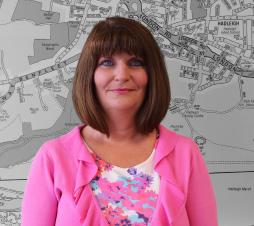
We cover the whole of South Essex.
Contact us for a free valuation on 01268 565555



The residential estate agency market is increasingly populated by large corporations; nevertheless, our independent familyrun estate agency continues to succeed and grow a loyal client base, due to our core values, ethos and flexible approach to clients’ requirements.
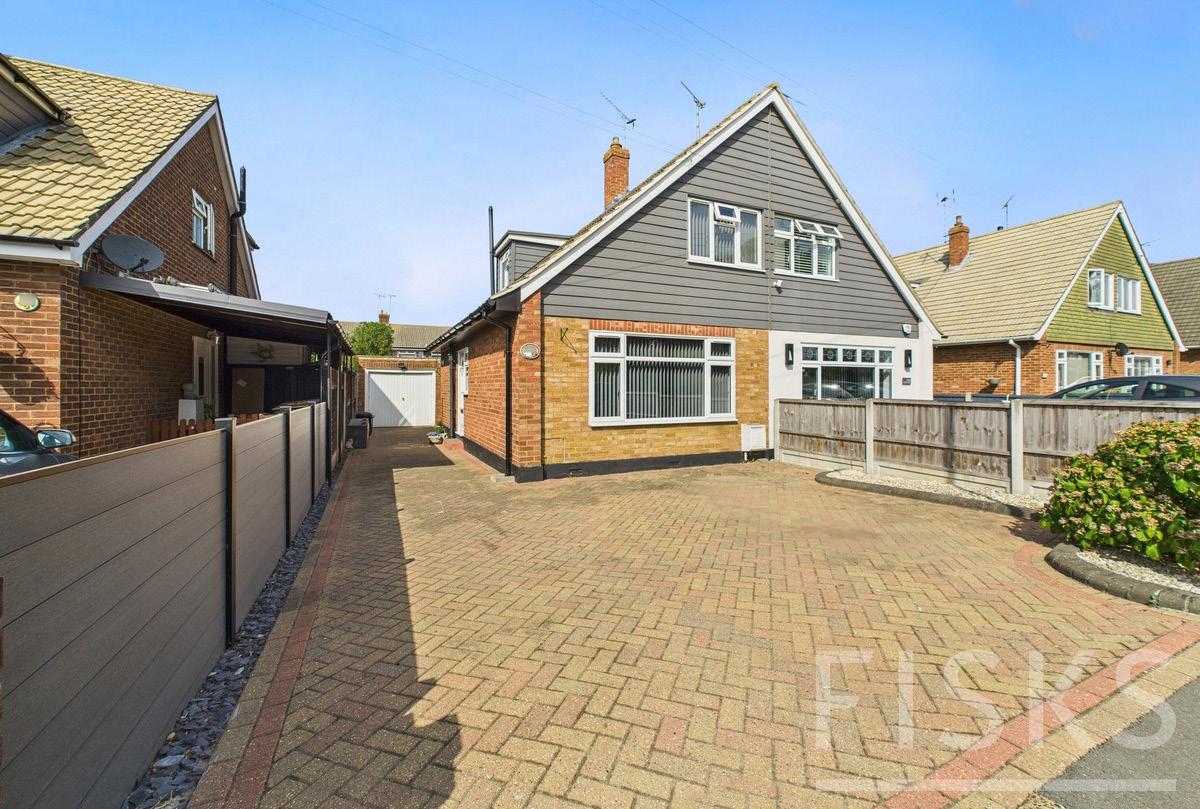

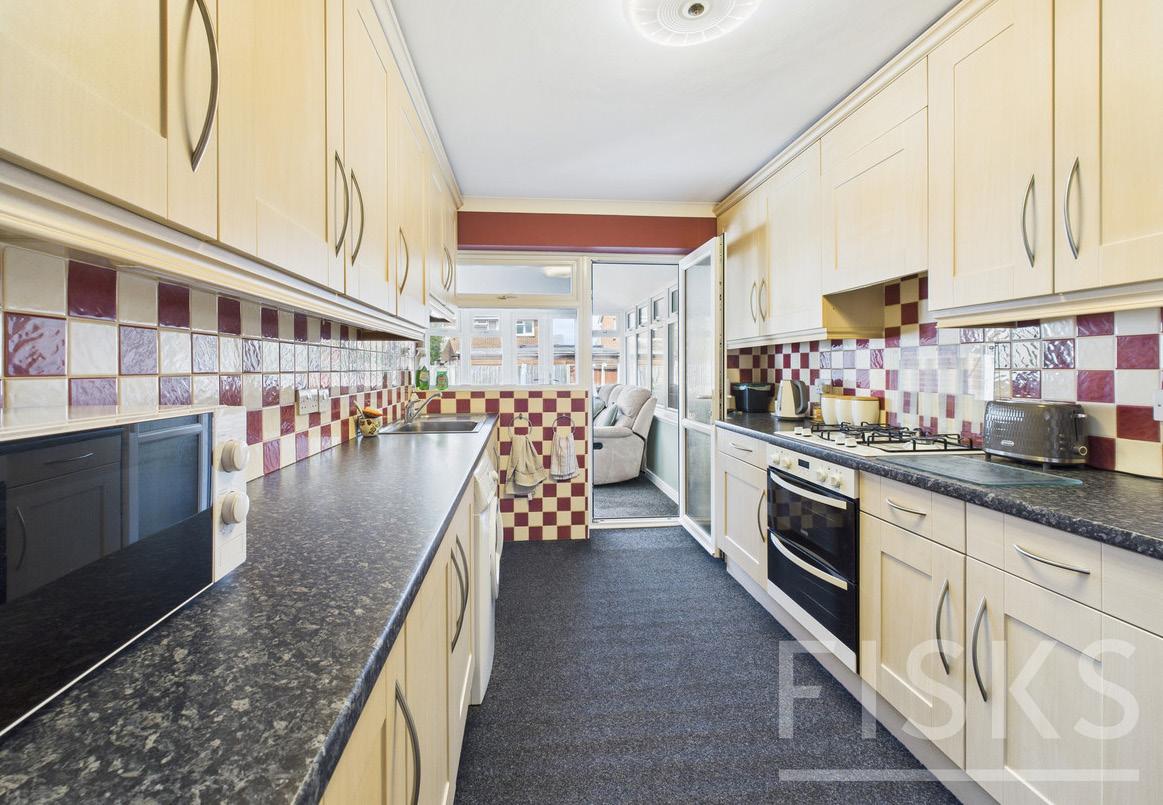
£375,000
Two/Three Bedroom Semi
Detached House
Dual Catchment For The Appleton School & The King John School
Low Maintenance Rear Garden
Garage With Power Driveway
Conservatory
CALL 01268 565555


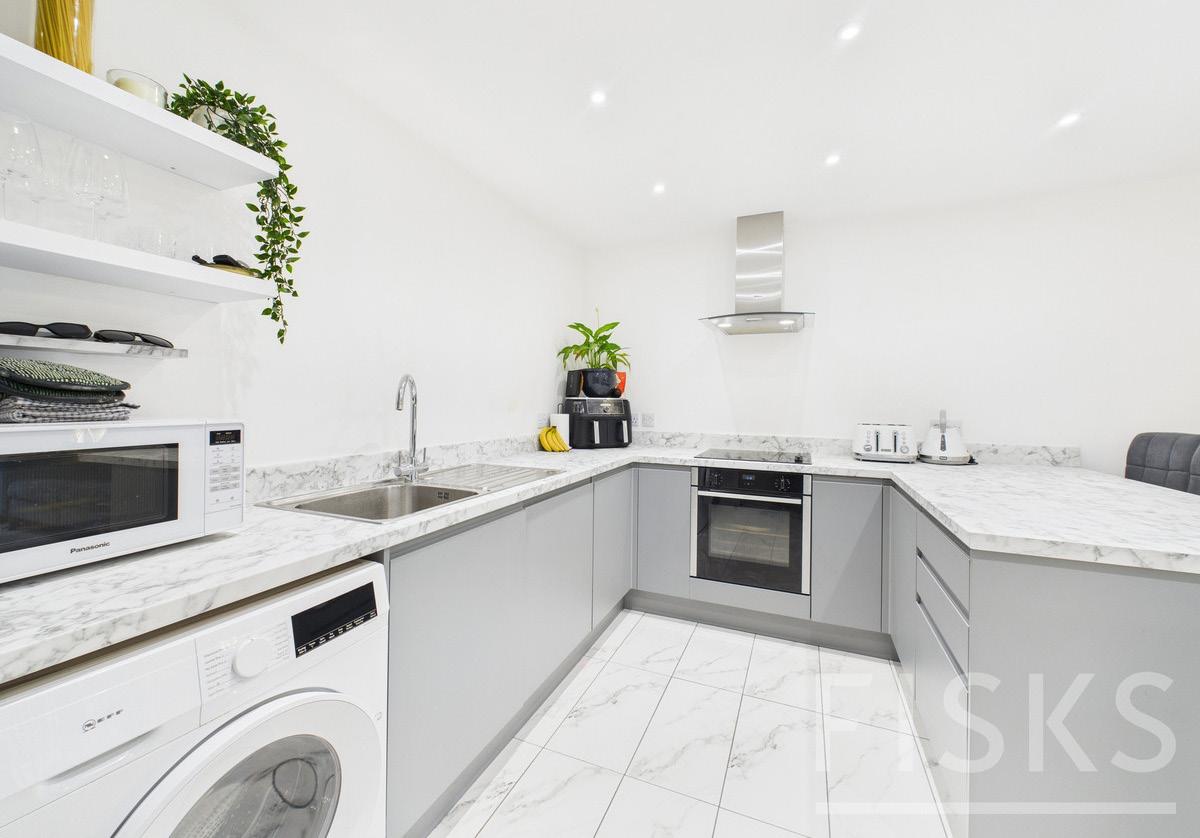
£320,000
Share Of Freehold
Immaculate Condition Throughout
En-Suite To Master Bedroom Two Balcony’s
Secure Entrance With Allocated Parking Bay
0.8 Miles To Benfleet Station
CALL 01268 565555
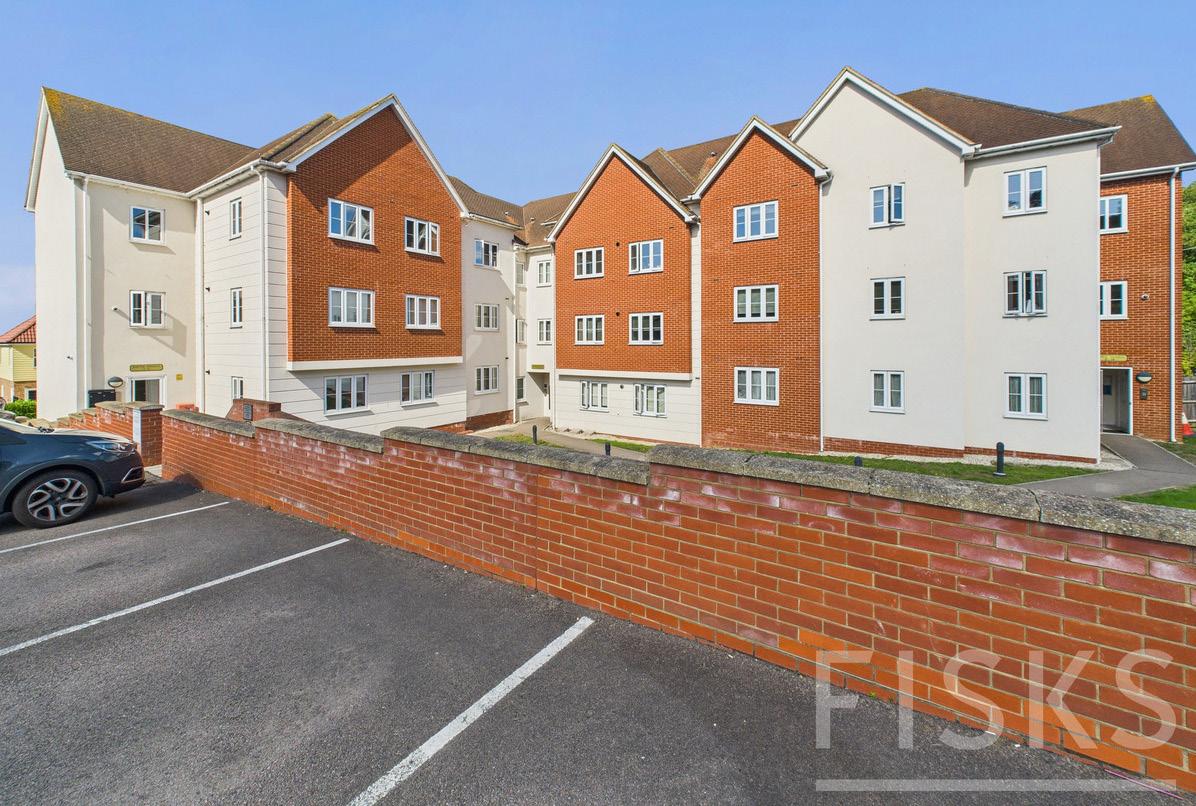

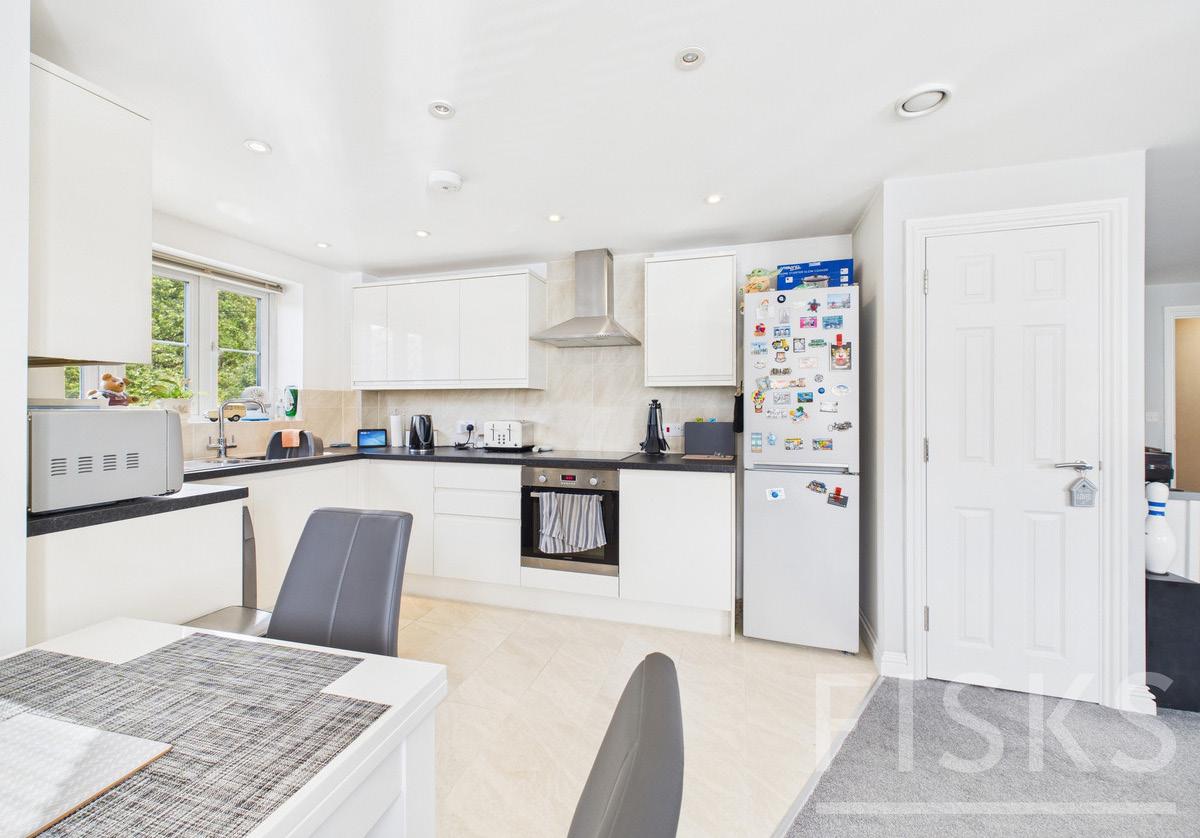
£300,000
Three Double Bedrooms
En Suite To Main Bedroom
Open Plan Lounge/Kitchen
Great Location
Viewings Advised
En-Suite, Bathroom And Additional WC
CALL 01268 565555

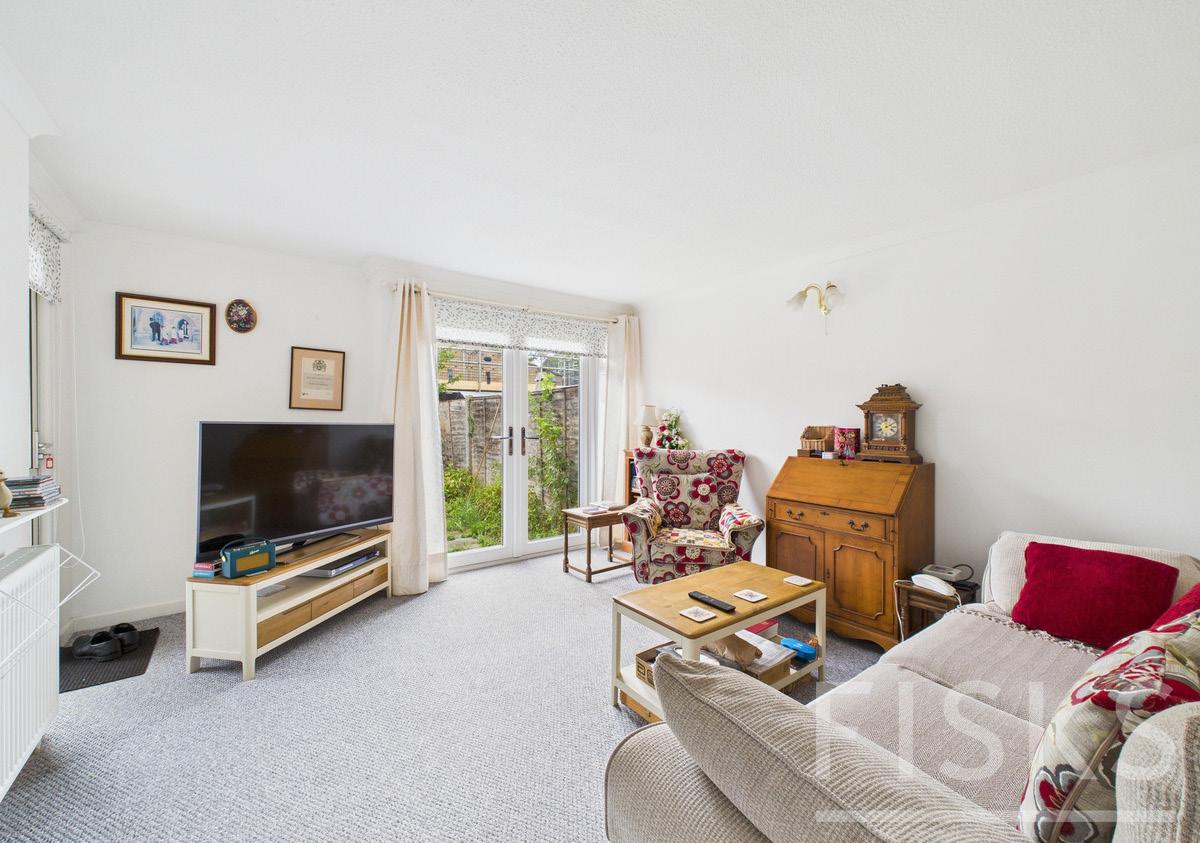

BEAMBRIDGE PLACE, BASILDON
£300,000
Three Bedroom Bungalow
Courtyard Garden
Rear Garden
Fitted Kitchen
Well Presented
Close To Amenities
Viewings Advised
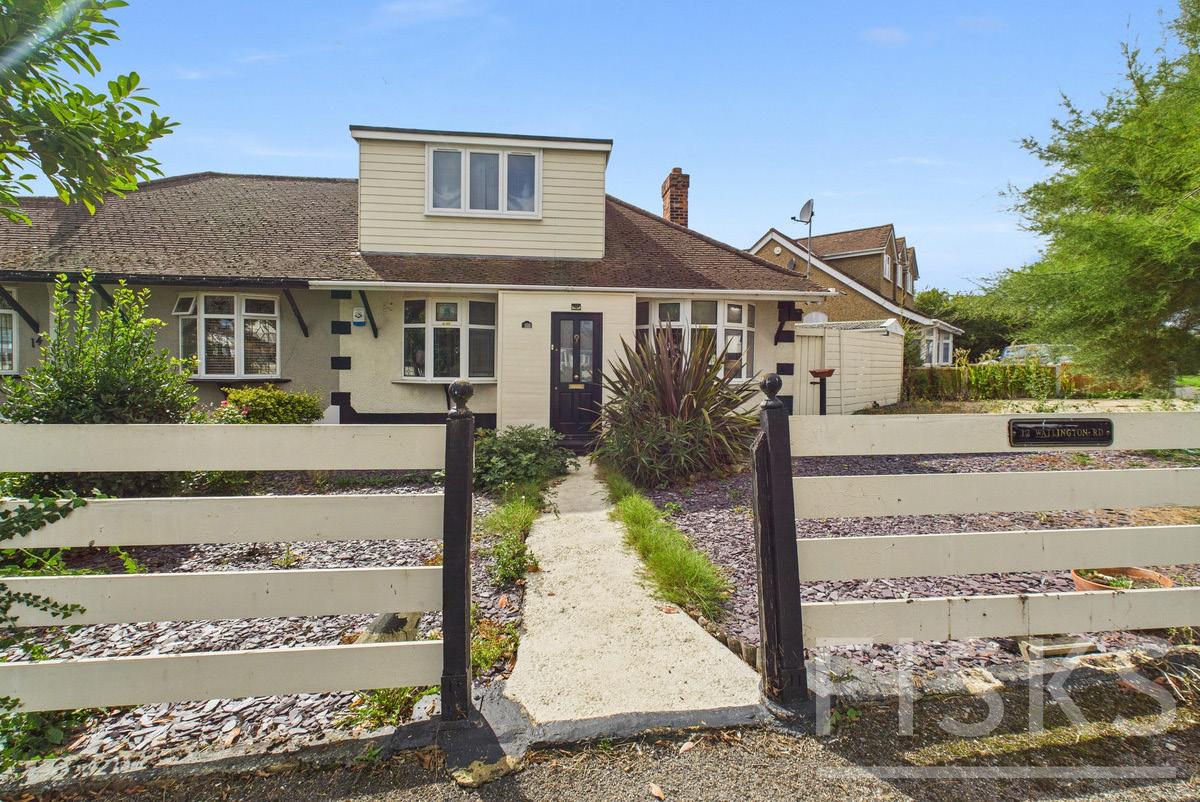

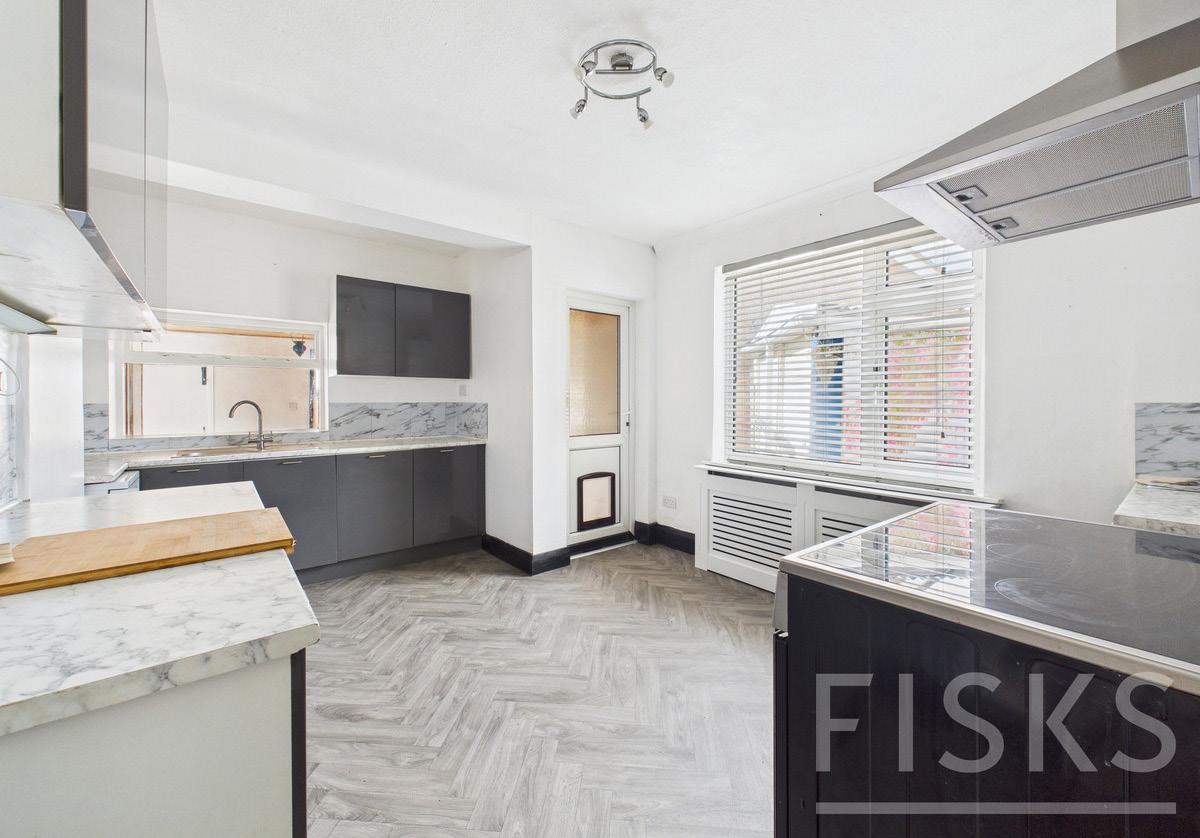
£365,000
Three Bedroom Chalet
No Onward Chain
Catchment To Jotmans Hall
Primary School & The Appleton School
Garage & Driveway
Call To Arrange Viewing
Ground Floor Shower Room

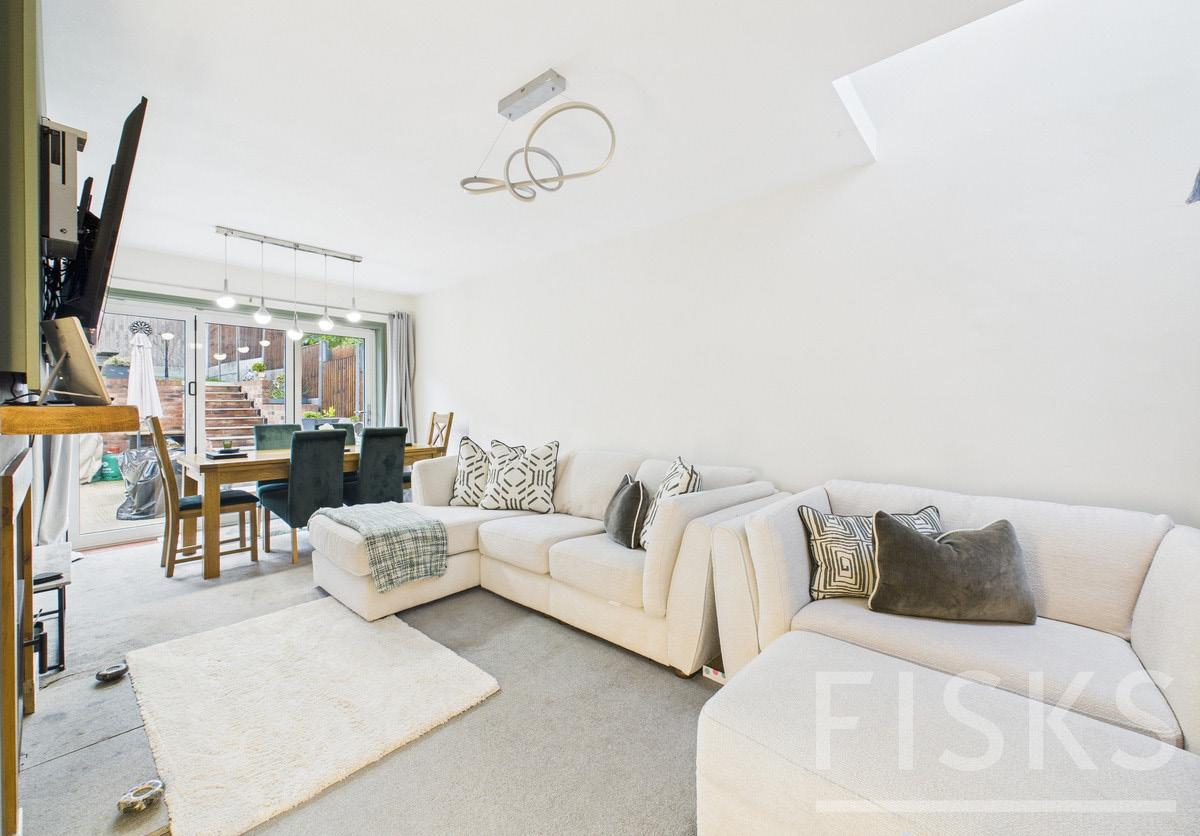

KAREN CLOSE, BENFLEET
£390,000
Two Bedroom Semi Detached Bungalow
0.2 Miles From Benfleet Train Station
Outdoor Utility Area With Power/Shed Storage Driveway
Recently Landscaped Rear Garden
CALL 01268 565555


Brickwork has long been valued in British architecture for its durability, character and charm. From Victorian terraces to modern builds, bricks are a defining feature of many homes. Yet, despite their strength, bricks and mortar are not immune to wear and tear. Exposure to rain, frost, pollution and even poor maintenance can all take their toll. Protecting your brickwork is essential if you want to preserve your home’s appearance and structural integrity for years to come...
• WEATHER RESISTANCE: Bricks are porous and can absorb water. Over time, this may lead to damp problems, frost damage and spalling (where the surface flakes or crumbles).
• STRUCTURAL STRENGTH: Mortar joints bind bricks together. If they deteriorate, walls can weaken and become unstable.
• ENERGY EFFICIENCY: Cracks and gaps in brickwork can reduce insulation, letting heat escape and increasing energy bills.
• AESTHETIC APPEAL: Well-maintained brickwork enhances a home’s kerb appeal and overall value.
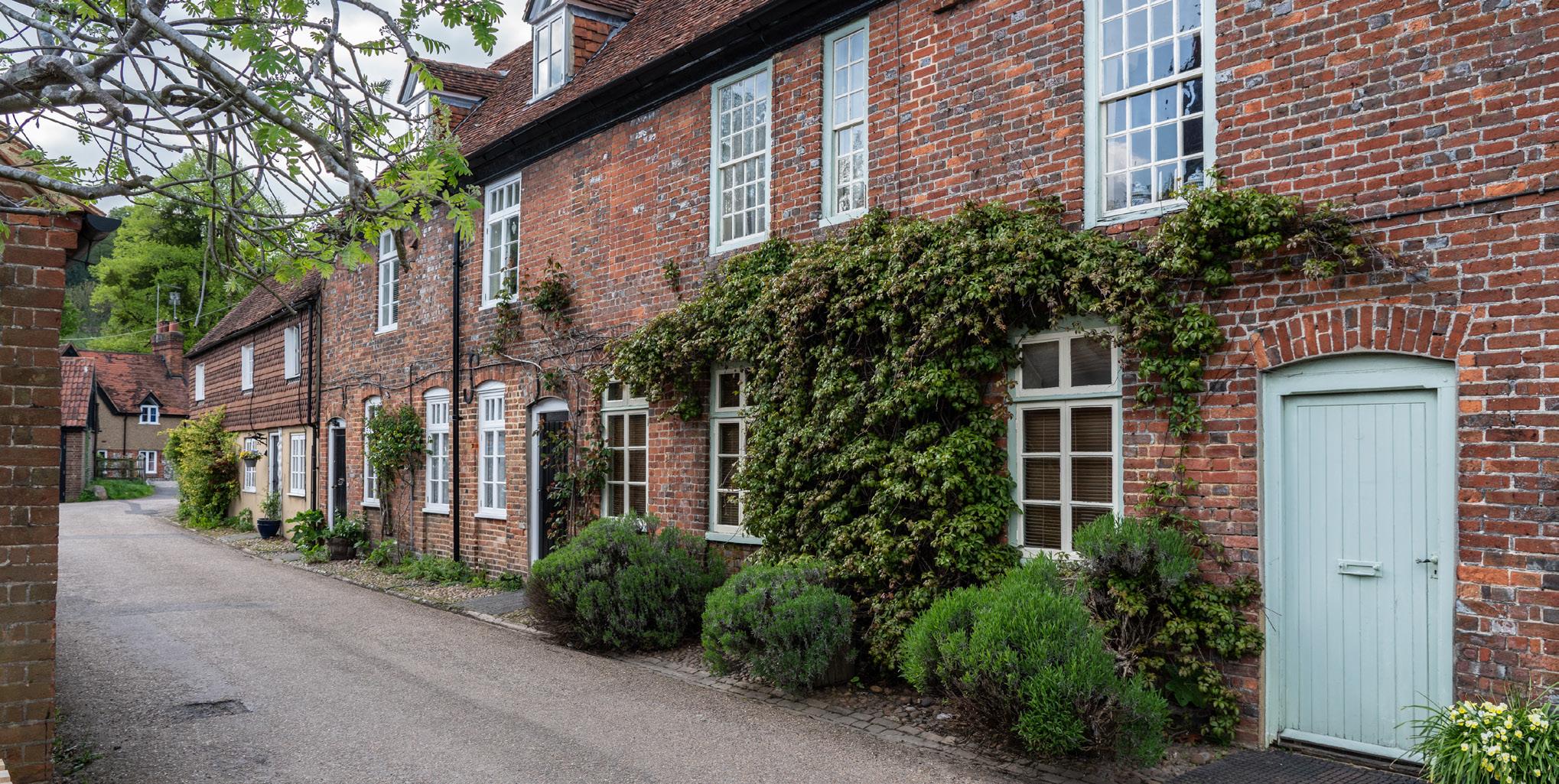

• MOISTURE PENETRATION: Prolonged exposure to rain can cause water to seep into bricks, especially if mortar joints are damaged. Freeze-thaw cycles worsen the problem, as absorbed water expands when frozen.
• VEGETATION GROWTH: Climbing plants such as ivy may look attractive but can damage mortar and retain moisture against the wall. Moss and algae also hold dampness, encouraging decay.
• POLLUTION AND DIRT: Soot, traffic fumes and general grime can stain brickwork over time, dulling its natural colour and accelerating weathering.
• POOR REPAIRS: Using the wrong type of mortar or sealant can cause more harm than good. For example, hard cement mortar on older soft bricks prevents them from “breathing”, leading to cracking and damp issues.
• REGULAR INSPECTIONS: Check exterior walls at least once a year for cracks, missing mortar or signs of damp. Early intervention can prevent costly repairs later.
• REPOINTING: Repointing involves renewing the mortar joints between bricks. It is one of the most effective ways to strengthen brickwork and keep out moisture. Always ensure the new mortar is appropriate for your type of bricks — lime-based mortar is often best for older properties.
• CLEANING: Gentle cleaning can restore brickwork’s appearance. Avoid harsh pressure washing, which may erode the surface. Specialist cleaning products or professional brick cleaning services are safer options.
• APPLYING WATER-REPELLENT TREATMENTS: Breathable sealants can help reduce water absorption while still allowing trapped moisture to escape. Nonbreathable coatings should be avoided as they can trap damp inside the wall.
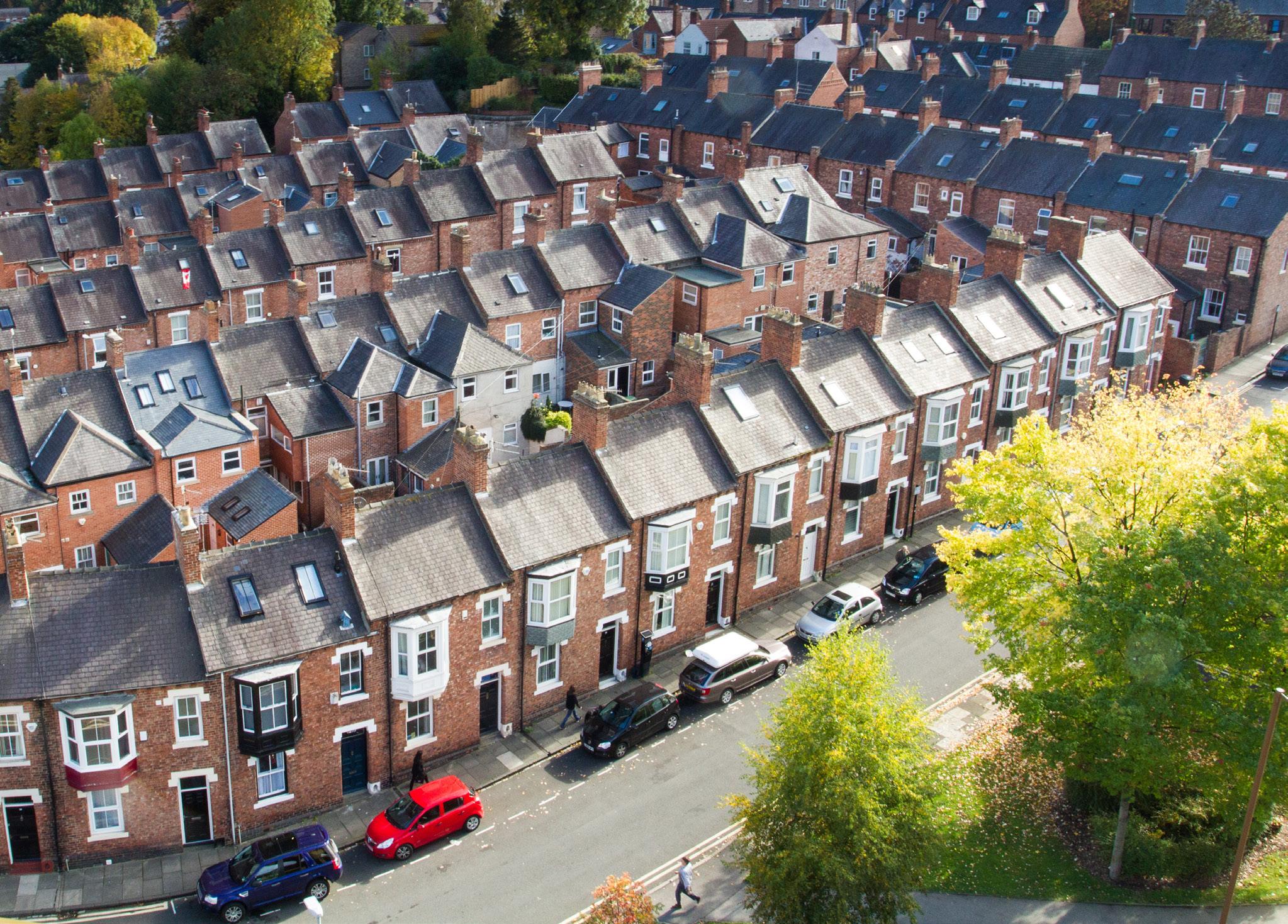

• MANAGING VEGETATION: Trim back plants growing against brickwork and remove moss or algae. If you love the look of greenery, consider using freestanding trellises instead of allowing plants to cling directly to walls.
• GUTTERING AND DRAINAGE: Faulty gutters and downpipes often cause localised damp patches. Keep them clear of debris and ensure rainwater is directed away from walls and foundations.
Protecting your home’s brickwork is not just about maintaining appearances; it’s about safeguarding the structure and longevity of your property. With regular care, appropriate materials and timely repairs, your brickwork can continue to withstand the elements and retain its charm for decades to come.
The industry has changed hugely with the development of digital technology - this has created two different styles of agency, the traditional high street agency, and the modern online agency. At Fisks, we believe that the best solution is to be both.
Fisks still do the traditional marketing methods that you are comfortable with, such as high street shop locations with window displays, applicant mailing lists, text and email facilities, linked offices, portals such as Rightmove, leaflet drops, floor plans, boards and branded cars.
These marketing tools have been tried and tested for many years, but with the ongoing digital revolution we have also embraced change. These new marketing methods come in the form of a digital property lifestyle magazine that’s produced in house and emailed to over eight thousand people a month, targeted social media campaigns across all the major platforms such as Facebook, Instagram and Twitter, 4k video tours of your property for our successful YouTube channel, enhanced portal marketing, and from a customer service point of view, we have vendor log-ins so you can see viewers feedback and offers on your home at any time.
Our Ethos & Values
We focus on our clients’ requirements and instructions rather than just doing what’s quickest and easiest for us.
Our comprehensive training program ensures that our staff channels their entrepreneurial spirit and enthusiasm for the benefit of our clients, whilst maintaining the professionalism and customer service associated with our brand.
Fisks,
FISKS.CO.UK
Protecting your investment should not be taken lightly, with our full management service you can be sure to get the support you deserve...
ARLA - the gold standard professional industry body.
Audited and insured client accounts to protect your money.
Rent guarantee and legal cover - protect yourself with insurance and the increased costs of evicting (subject to status).
Legal hotline - specialised property lawyers helping to answer your questions.
Inventories - protect your deposit with a professional inventory, including time stamped photographs.
Inspection - allay your fears that your asset is being looked after.
Section notices - fully trained and experienced staff can advise and serve the appropriate notice.
Accurate accounting - from monthly statements to overseas landlords, to expenditure and income, we hold all the information the accountant will need.
Gas certificates and EPCs - keep your property complying with the law.
Don’t just take our word for it, we have many happy customers...

“Happy customer. Very professional service. We had no problems with the sale of our house or the purchase of our new home through Fisks. Staff very pleasant, would definitely recommend.”
- Mr and Mrs Hall

“Fantastic team that pulled out all the stops and helped every step of the way. Friendly pleasant staff.”
- Mrs S Sheavyn
... come and put us to the test!

A guide for parents, teachers, and students.

With kids now back at school, one of the most pressing challenges many families and educators face is how to handle bullying. Whether it takes the form of harsh words, social exclusion, or physical intimidation, bullying can deeply affect a child’s confidence, learning, and overall well-being. Recognising the signs early and knowing how to respond constructively is key to ensuring every pupil feels safe and supported...
Bullying isn’t just “kids being kids.” It involves a pattern of repeated, intentional behaviour meant to harm or control another person. It can be verbal, physical, social, or online (cyberbullying). Each form can leave lasting emotional scars if not addressed.
• Sudden withdrawal from friends or activities they once enjoyed
• Unexplained injuries or frequent complaints of headaches/stomach aches
• Declining grades or loss of interest in school
• Changes in mood, such as increased sadness, anxiety, or irritability


STEPS TO TAKE IF YOUR CHILD IS BEING BULLIED
• LISTEN AND STAY CALM: Encourage your child to talk openly. Reassure them that you believe them and that it’s not their fault.
• DOCUMENT THE INCIDENTS: Keep records of what happened, when, and where, including messages if it’s online bullying.
• WORK WITH THE SCHOOL: Report bullying to teachers, pastoral staff, or senior leaders. Schools often have anti-bullying policies and support systems in place.
• TEACH COPING SKILLS: Help your child build resilience by practising assertive responses and encouraging involvement in activities where they feel valued.
• SEEK EXTRA SUPPORT: If the bullying takes a toll on your child’s mental health, consider speaking to a school counsellor, GP, or therapist.
A strong anti-bullying culture requires everyone’s involvement. Schools should establish clear policies, promote kindness and inclusion, and provide safe spaces for pupils to report concerns. Parents and community members can model respect, reinforce positive behaviour, and teach empathy from an early age.


Bullying is a serious issue, but it can be effectively addressed when parents, educators, and pupils work together. By fostering open communication, supporting children emotionally, and creating safe school environments, we can help ensure that every child feels protected and empowered to thrive.
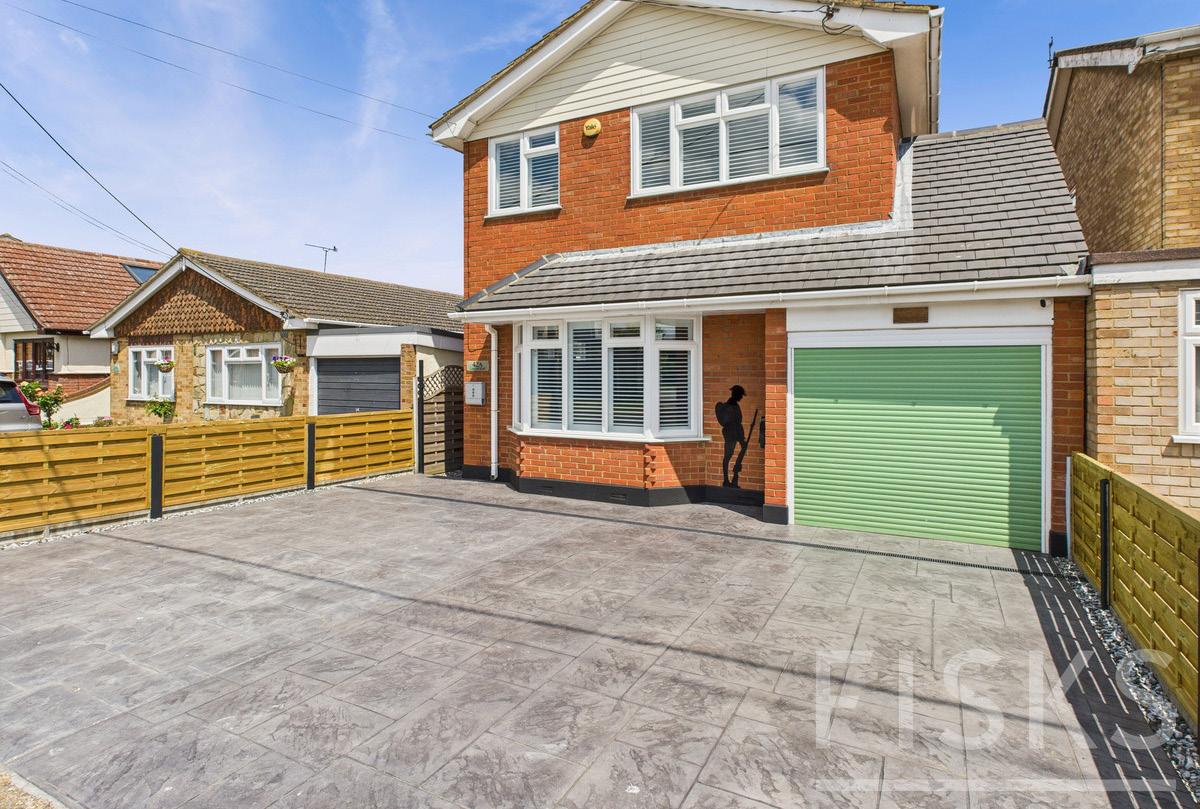
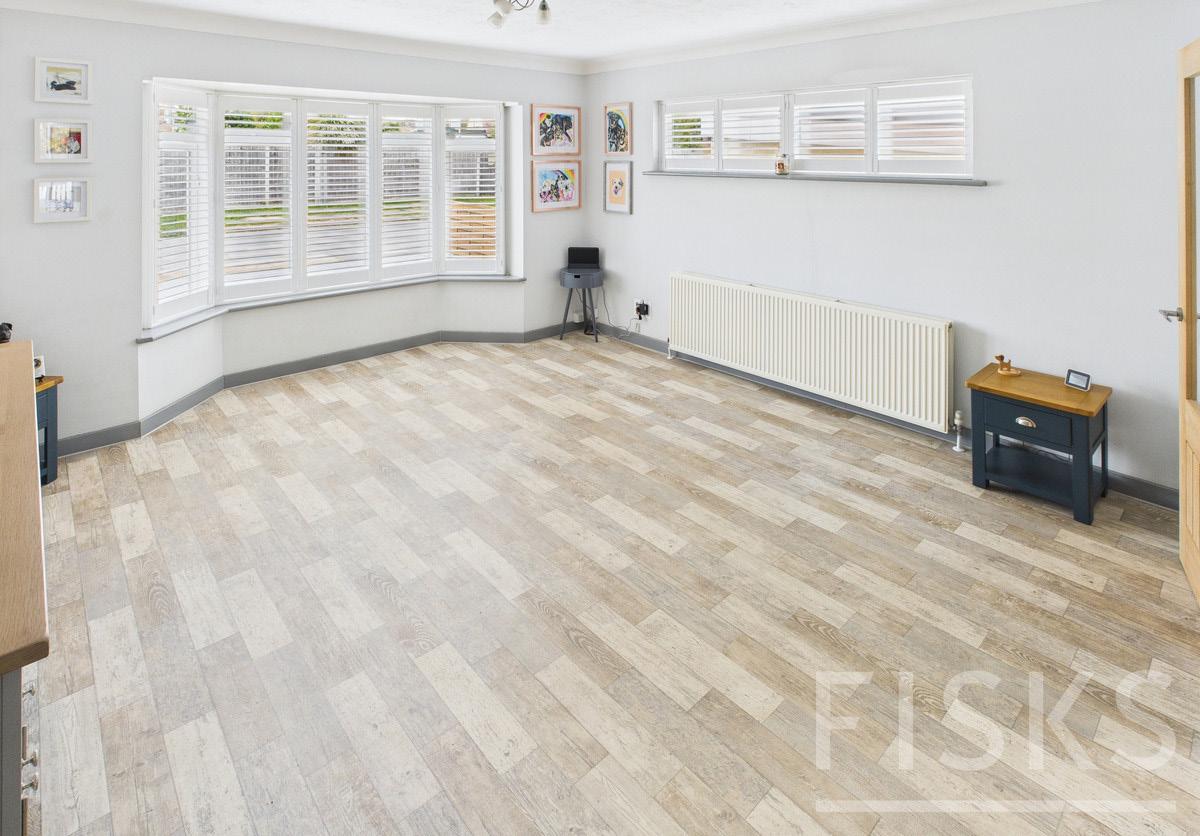

Detached
£465,000 CALL 01268 510510
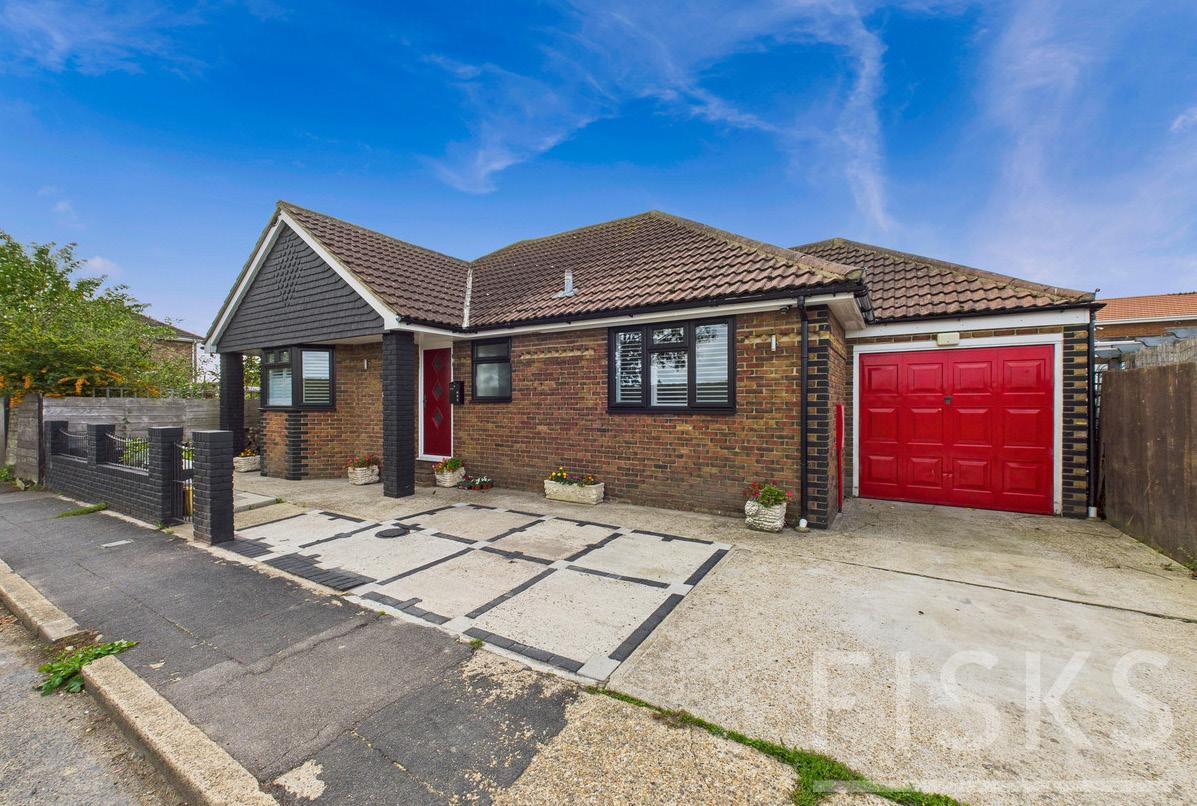
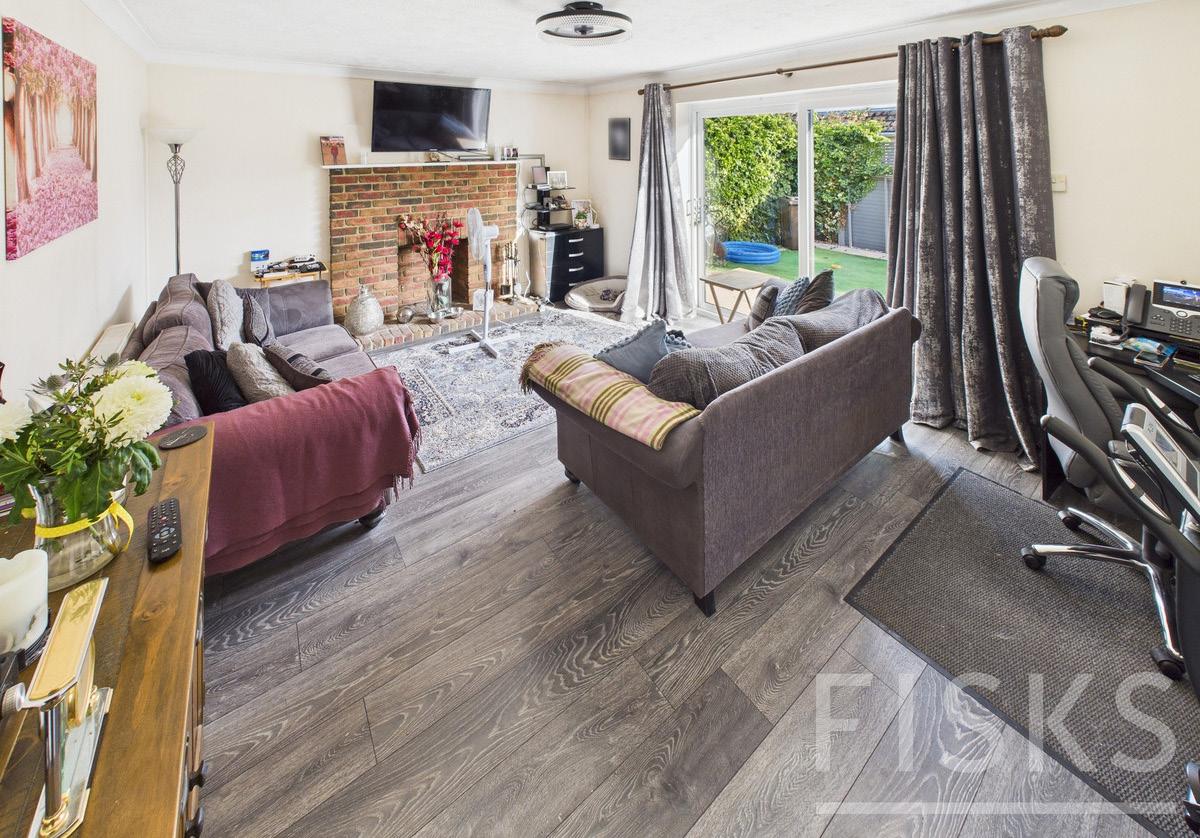
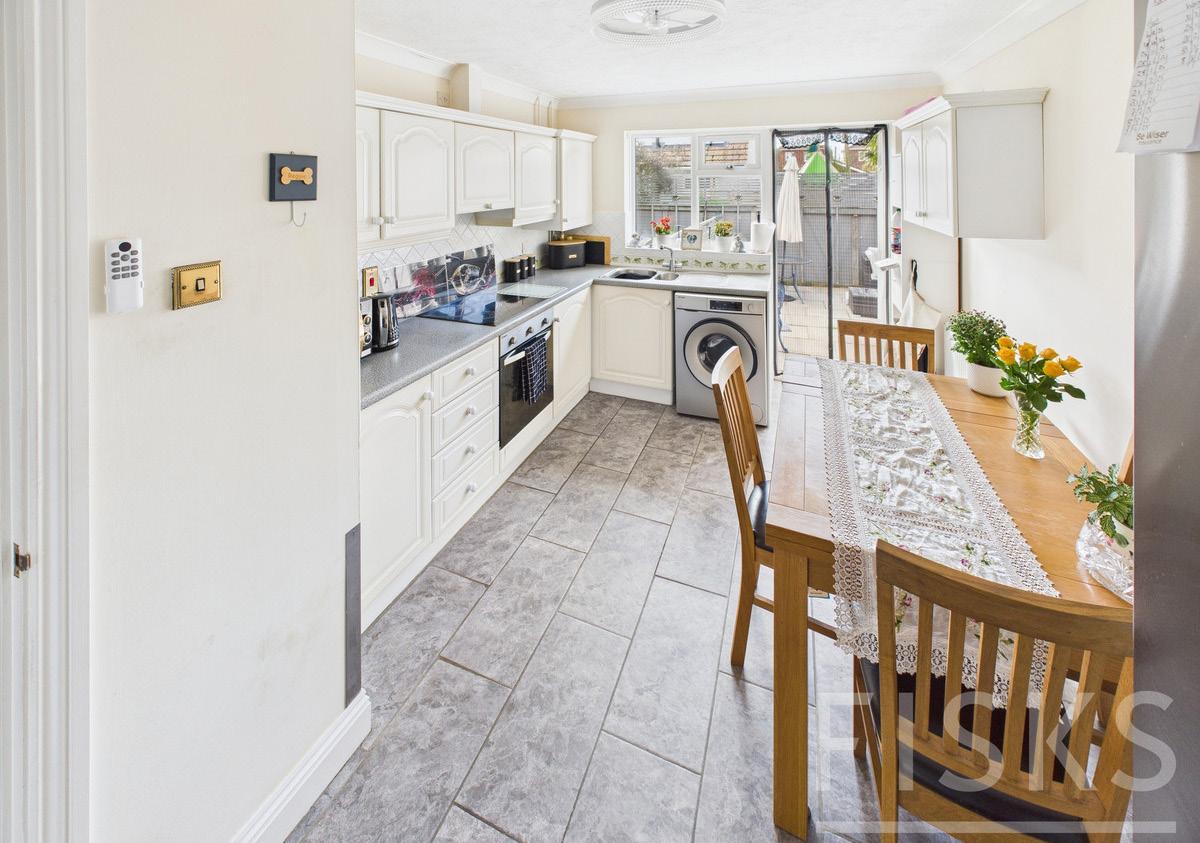


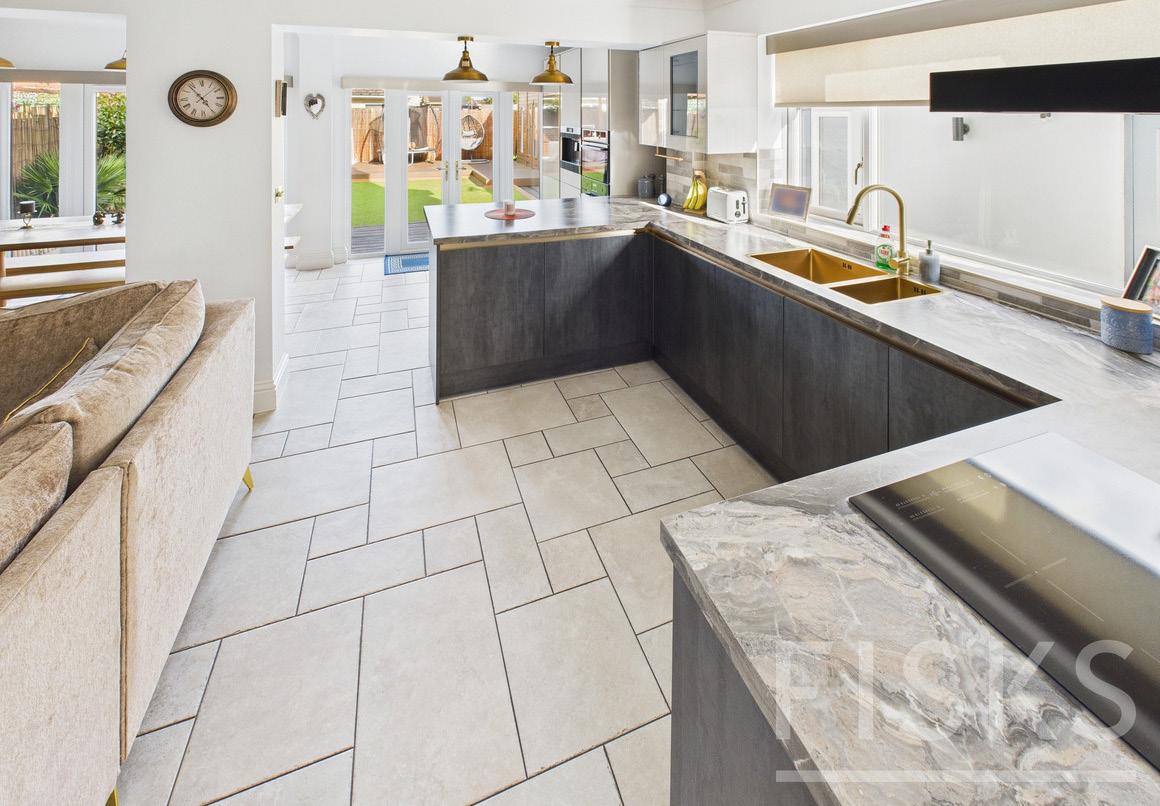
£450,000
Semi Detached
Chalet Bungalow
Three To Four Bedrooms
Open Plan Kitchen, Lounge/ Diner
En-Suite Garage
Off Street Parking
CALL 01268 510510
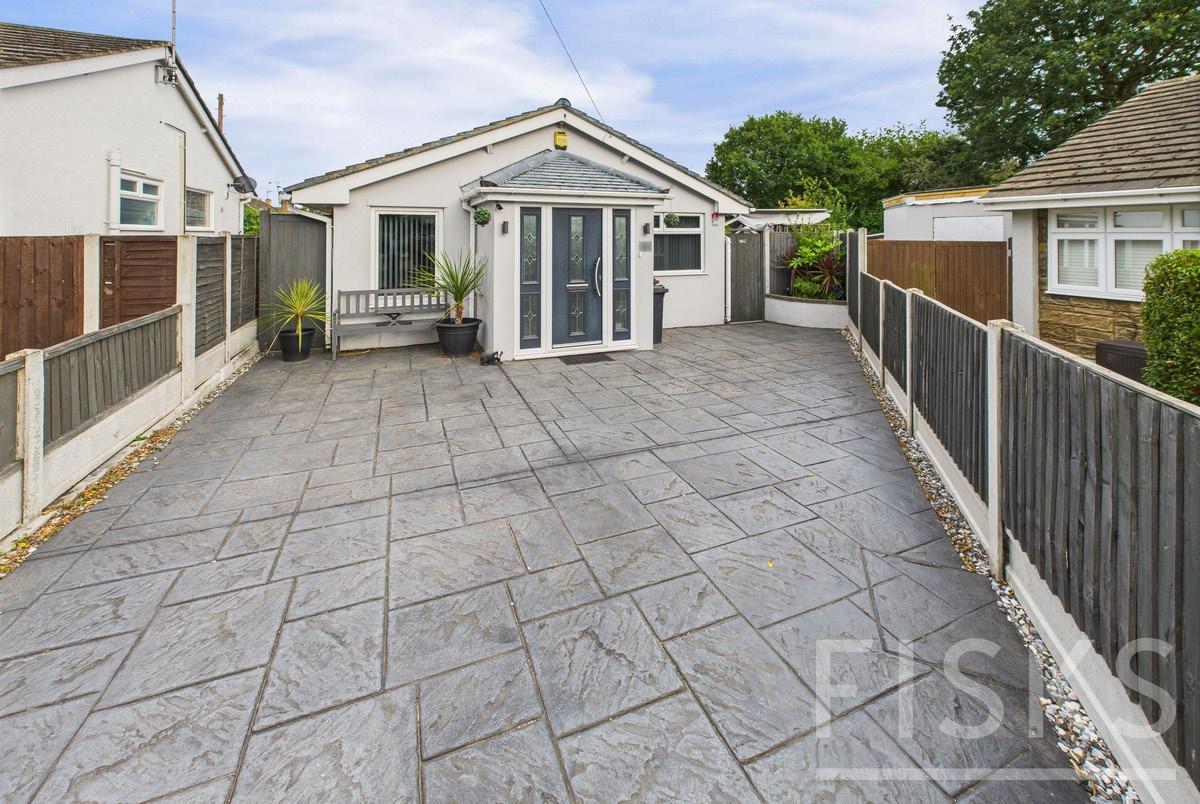

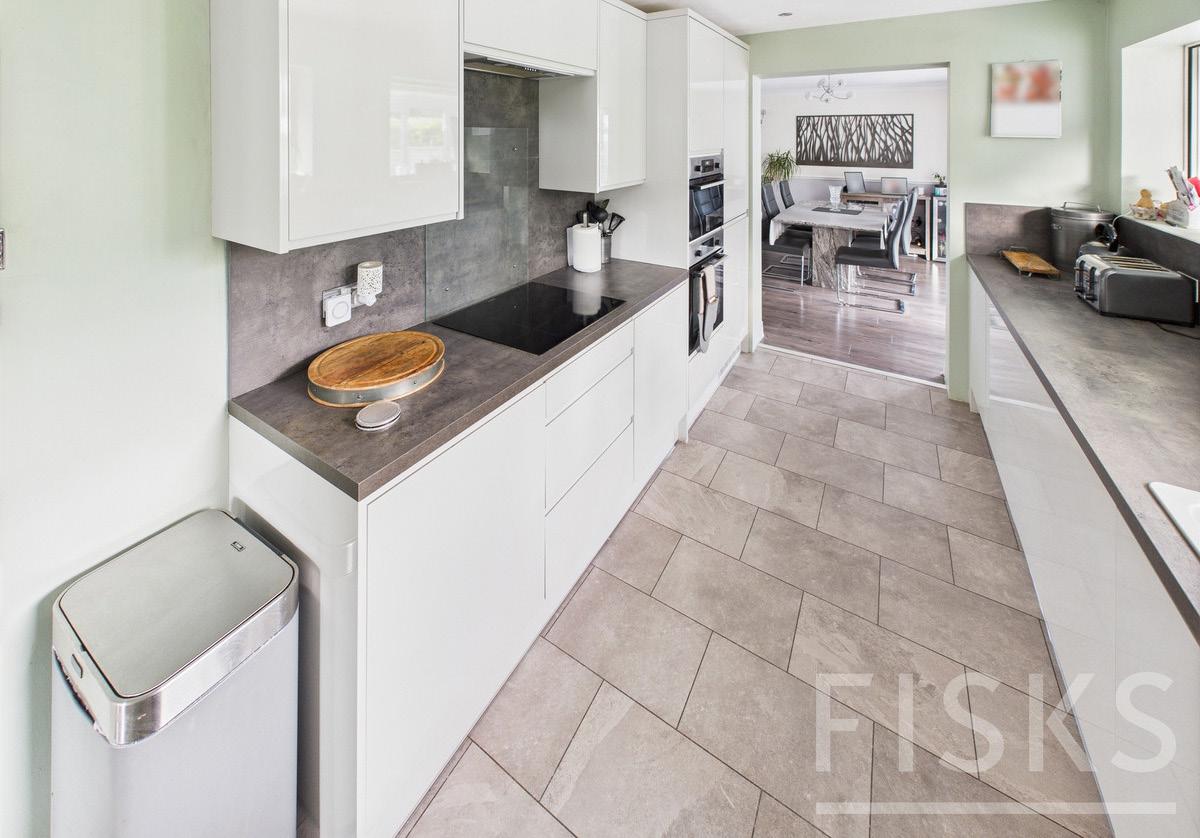
LYNTON ROAD, ESSEX
£500,000
Detached
Bungalow
Three Bedrooms
Conservatory
Lounge/Dining Room
Off Street Parking
Bathroom
CALL 01268 510510


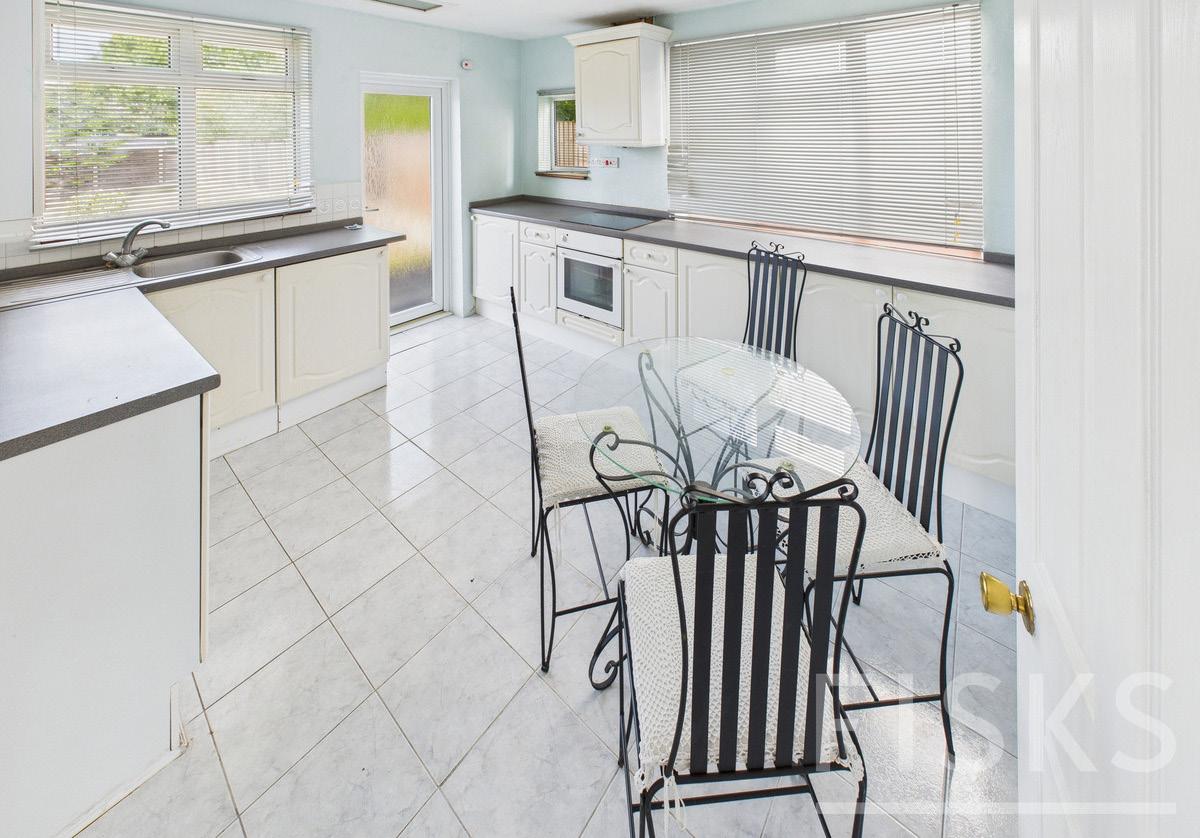
£500,000
CALL 01268 510510
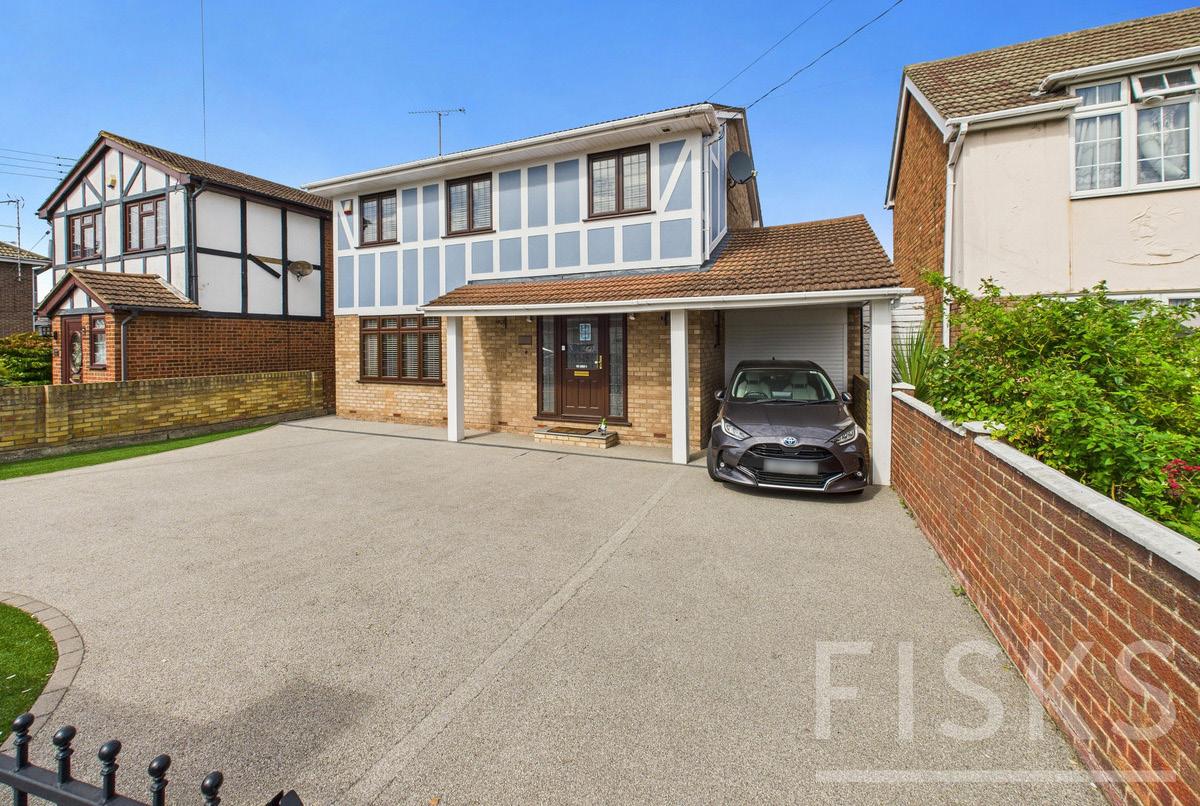

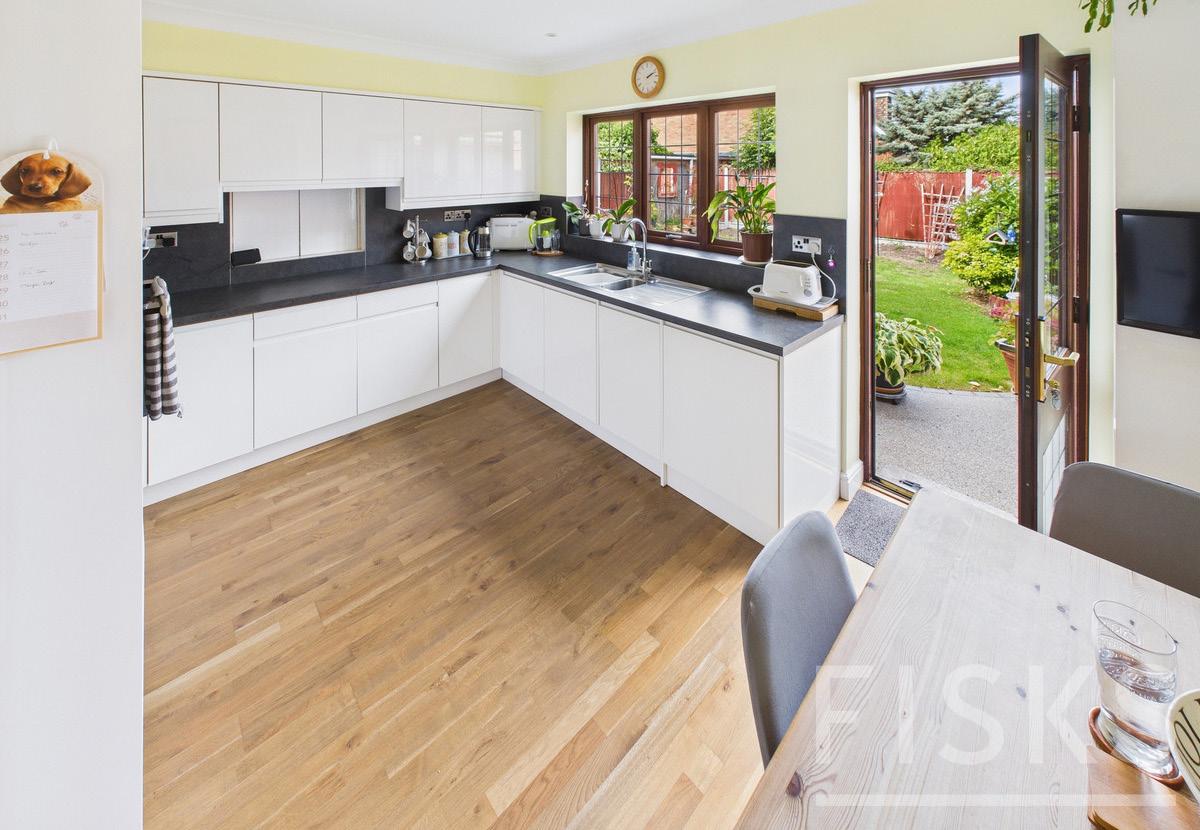
£475,000
No Onward Chain!
Offer In Excess Of £475,000
4 Bedrooms
Underfloor Heating Downstairs
Plenty Of Parking
Perfect Location
Local Shops And Amenities Near By
CALL 01268 510510







